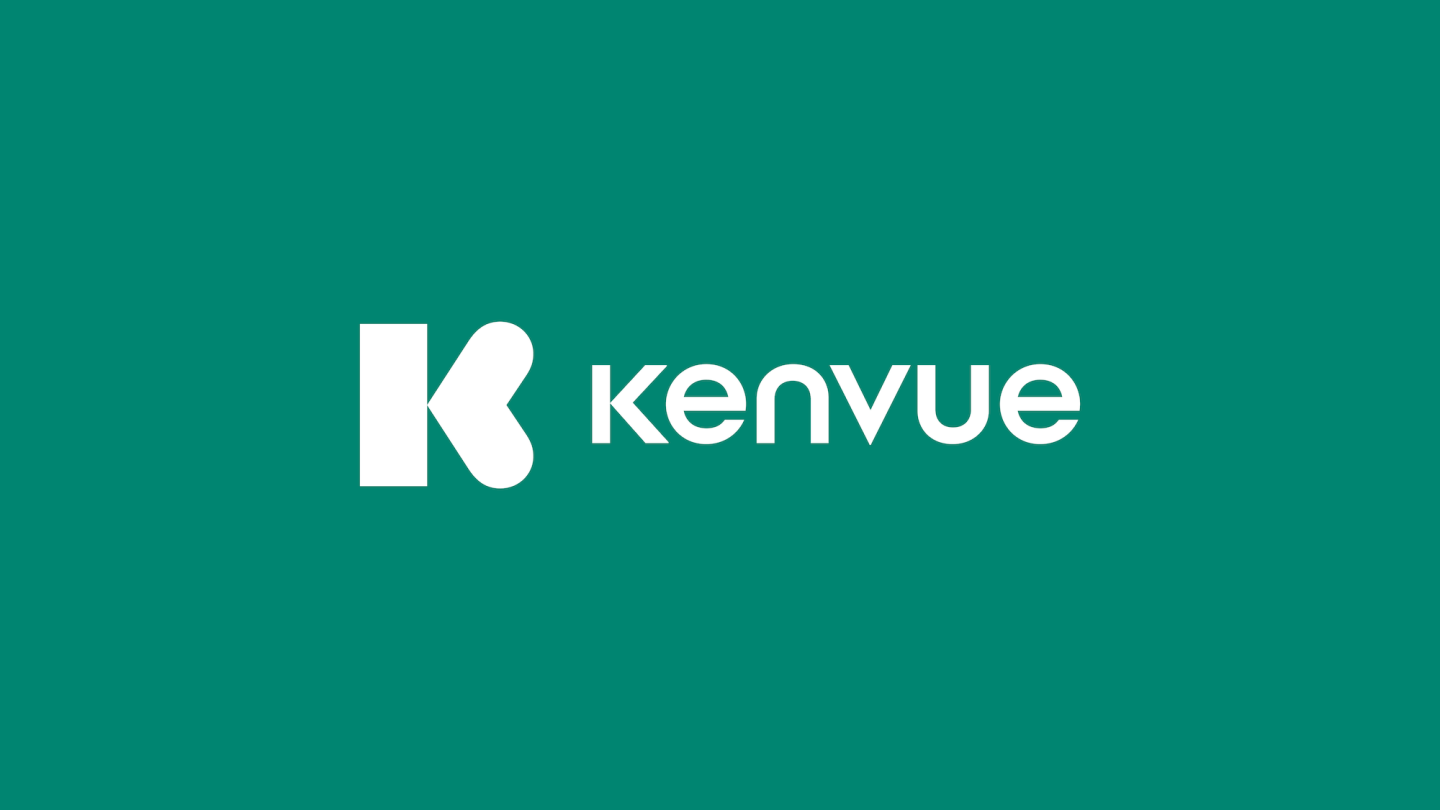GSK/Pfizer form consumer health joint venture

GlaxoSmithKline has announced its second major deal this month, signing an agreement with Pfizer to combine its consumer health business and form a joint venture with combined annual sales of $12.7 billion.
Pfizer has been trying to sell its consumer health unit for around a year, and these plans were put on hold earlier this year when GSK decided against buying the business outright.
Other buyers such as Procter and Gamble also pulled out of the bidding, and Pfizer has gone back to GSK and negotiated this new joint venture deal, which has been unanimously approved by both companies’ boards.
Pfizer and GSK plan to divest the business completely in the long term and reap the rewards, while merging the two businesses is also expected to create cost savings for both partners.
The combination brings together well known consumer brands from both companies – GSK’s Sensodyne, Voltaren and Panadol, and Pfizer’s Advil, Centrum, and Caltrate.
The joint venture will be the largest over-the-counter products firm in the world, with a market share of 7.3%, ahead of its nearest competitor at 4.1%.
It will have number one or two market share positions in all regions, including the US and China.
Annual cost savings are expected to be around $633 million, and expected cash costs are around $1.14 billion and non-cash costs will be around $379.5 million.
Around 25% of cost savings will be reinvested in the joint venture to grow the business, and operating margins are expected to be in the ‘mid to high 20s’ by 2022.
GSK has already raised eyebrows with its $5.1 billion acquisition of Tesaro, gaining access to its PARP inhibitor cancer drug Zejula (niraparib), fighting off competition from rivals such as Roche.
In a separate development, Taisho Pharmaceutical Holdings offered to buy Bristol-Myers Squibb's consumer health business for $1.6 billion, suggesting a trend that big-cap pharma is divesting assets to focus on new drugs.
Investment bank Jefferies advised on the Taisho deal, and in a broker note commenting on the GSK/Pfizer deal said the rationale behind the latter will “crystallise value”, with the higher cash flows in the joint venture supporting higher debt levels.
This will allow GSK to invest in pharma and vaccines, and confirm a dividend of 80p per share in 2018, and set this as a target for next year, Jefferies noted.
GSK's CEO Emma Walmsley said: “We have also started to reshape the group’s portfolio through prioritisation of R&D programmes, acquisitions such as that proposed with the oncology biopharmaceutical company, Tesaro, the minority buy-out of the consumer healthcare business and a series of non-core product divestments.”













